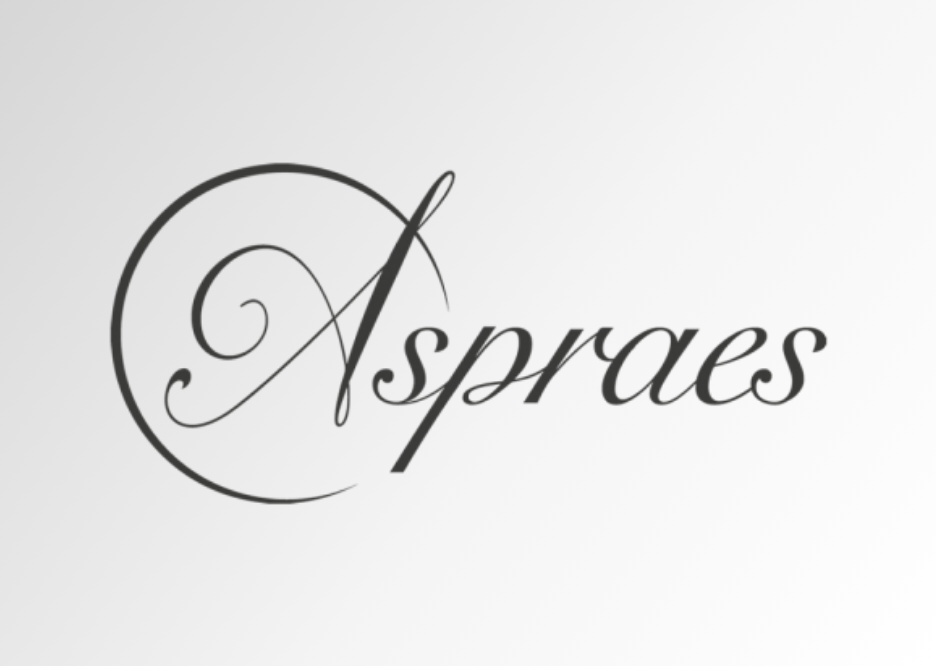Finance Bill (No.2) 2021 includes a proposal to reform the basis periods of unincorporated trading businesses, so that they are taxed on the profits arising in the tax year rather than in the accounting year ending in the tax year.
The proposals will apply to the self-employed, partnerships, trusts and estates with trading income. The proposals will not, however, affect companies.
The initial proposal was for the new basis period rules to apply from the 2023/24 tax year, with the 2022/23 tax year being a transitional year between the old and new regimes. However, following consultation and representations from professional bodies, HMRC has announced a delay in implementation of the change by a year.
The aim of the change is to make the basis of assessment for trading profits simpler, and to align it with other sources of income, which are taxed in the tax year in which they arise. It also links in with plans to introduce Making Tax Digital (MTD) for Income Tax, which itself has been delayed and is now set to become mandatory for all unincorporated sole traders and landlords with turnover in excess of £10,000 from April 2024, with general partnerships joining in April 2025, and LLPs and partnerships with corporate members a year later.
Those familiar with the current rules will know that unincorporated businesses are taxed on what is known as the current year basis, which means that the taxable profits for a tax year are calculated using the accounts for the year ending in the tax year, although there are additional rules for opening and closing years of a business and when there is a change in accounting date. By way of example, under the existing rules, an established business with an accounting year end of 30 June will be taxable in the 2022/23 tax year on the profits made in the year ended 30 June 2022.
Under the new proposals, all unincorporated businesses’ basis periods for 2024/25 will be the year ended 5 April 2025 (or 31 March), with a transition between the current and new regimes in the 2023/24 tax year. This could have a significant impact on any business whose accounting period is not aligned with the tax year as highlighted below, and could lead to large taxable profits in 2023/24 without some forward planning.
The basis period for the 2023/24 transitional year will run from the end of the accounting period ending in the 2022/23 tax year to 5 April 2024. In the above example, the transitional basis period for the 2023/24 tax year will be 1 July 2022 to 5 April 2024, a period of 21 months.
With such a long basis period, taxable profits in the 2023/24 tax year may be significantly higher than normal. To counter this, any overlap relief which might have arisen in the business’ early years will be offset against this period’s profit, and there are proposals to spread any additional profit arising over the five tax years starting in 2023/24, but with an option to elect to accelerate the tax charge if the taxpayer wishes.
Apportioning profits from two accounting periods
Businesses are not obliged to change their accounting year end to 5 April (or 31 March), but not doing so will mean that it will have to calculate the profit arising in the tax year basis period by apportioning the profits of the accounting periods straddling the tax year. In this example, the basis period profit for 2024/25 will consist of 86/366 days of the 30 June 2024 year’s profit and 279/365 days of the 30 June 2025 year’s profit. There will, therefore, be a delay in calculating the basis period profits until the second accounting period has ended and its accounts prepared. With a tax return filing deadline of 31 January 2026, this example will only leave seven months for the accounts to be prepared and a taxable profit for the year to be calculated. Businesses with an accounting date later in the tax year will have an even shorter window in which to prepare their accounts and tax computations, or face having to use estimated figures to file the return and then amend when the accounts and tax computations are finalised.
Planning
This is a significant change and one which will impact many businesses, especially those within farming, where predicting future profit trends is nigh on impossible. There are, however, a number of key issues to consider when it comes to planning for the transition. These include:
-
Changing year end in advance of the transition – this could be particularly useful if large equipment purchases are planned in the near future, enabling Annual Investment Allowances (AIA) to be claimed thus reducing taxable profits in any extended trading period. And remember, the extension to the AIA limit to £1 million is due to end on 31 March 2023.
-
Farmers’ averaging - no announcement has been made yet about how the new rules will affect farmers’ averaging. It may therefore be worth taking advantage of the existing rules which allow you to average with a long period of account, possibly making an earlier change of accounting date beneficial.
-
The effect of cessation, introduction of new partners or possible incorporation, although the latter needs careful consideration due to the potential tax disincentives of farming through a limited company.
-
Doing nothing and carrying on as normal and take the opportunity to spread any excess profit in the transitional year.
Summary
Unincorporated businesses with accounting year ends that do not align with the tax year need to consider now how they will be affected by these changes and what planning opportunities there are to mitigate their impact.
We will, of course, bring you further updates and clarification on these changes as and when it becomes available. If you have any questions concerning the above, or any other tax matters, please get in touch.
This article is from the latest edition of our Agricultural Briefing. To receive future copies of any of our newsletters directly to your inbox, please visit our preference centre to register your interest.
If you have any questions about the above, or would like more information specific to your circumstances, please enter your email address below and we will get in touch:
















